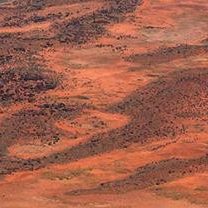Conservation practice

Evidence-based policy and management are important to help in the complex challenge of influencing decisions about the environment that is often changing. Increasingly, there is broad understanding that people are integrally part of the environment, directly or indirectly influencing it many different ways. The notion of socio-ecological systems is becoming increasingly important with the realisation that institutional and stakeholder involvement need to be incorporated into management and policies about the environment. There are many different types of conservation practice which can assist in managing our environments for long-term sustainability with science providing the underpinning evidence.















